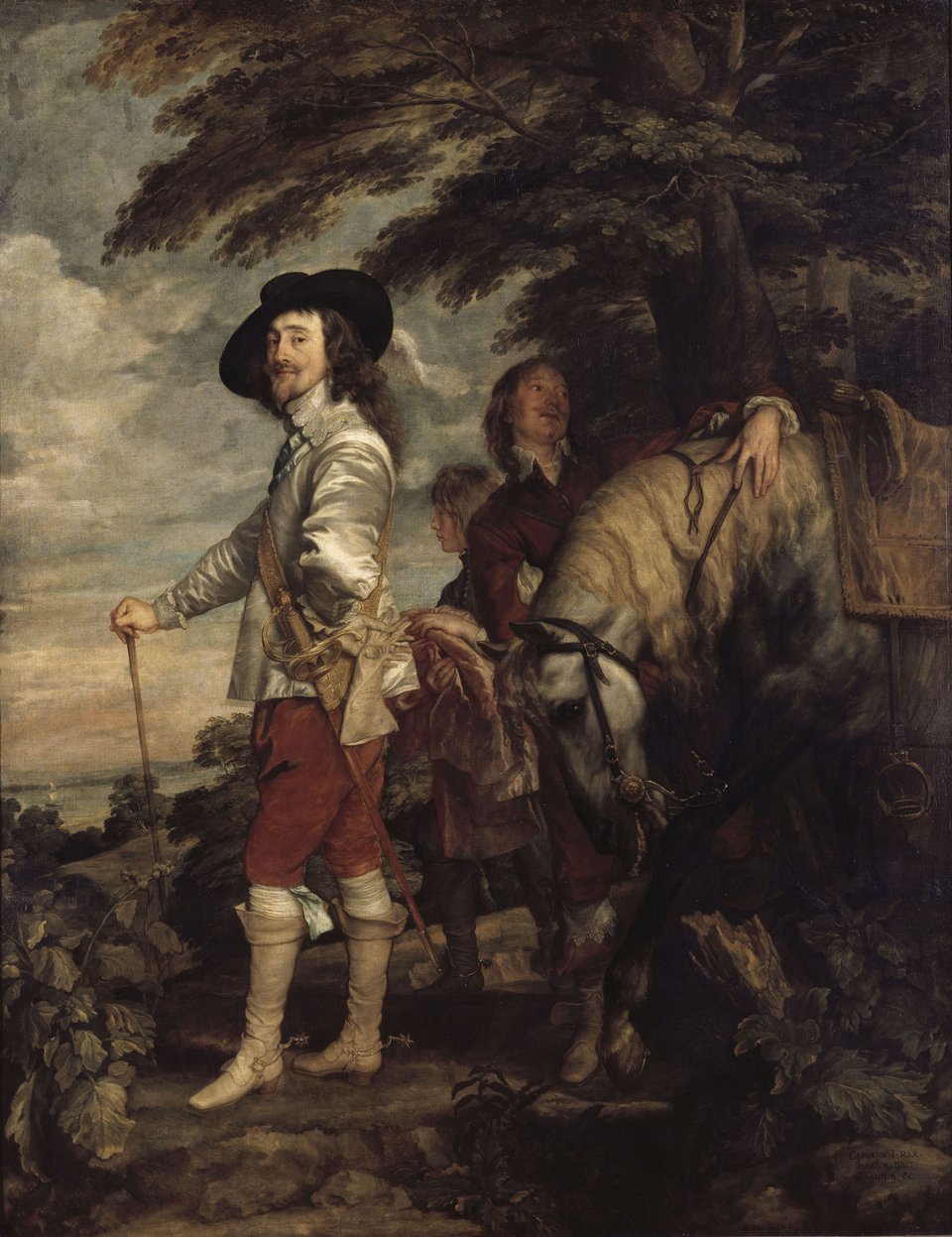p 617-20 |
Phèdre (originally
Phèdre et Hippolyte) is a French dramatic tragedy in five acts written in
alexandrine verse by Jean Racine, first performed in 1677 at the theatre of the Hôtel de Bourgogne in Paris.
p 620 | ...
"Jansenist" scruples...: Jansenism is so called after the Christian doctrine put forth by Cornelius
Jansen (1585-1638), a Dutch Catholic bishop, in his
Augustinus, 1640. This doctrine favors grace and predestination rather than free will and good works. In this light, Phèdre would be less responsible for her actions, and less guilty.
(Collier notes)
p 627 |
Gare d'Orsay: former Paris railway station and hotel built in 1900. this station served the south and southwest of France, including Châtelleraut and Touraine. After closing as a station, it reopened in December 1986 as the
Musée d'Orsay, an art museum.
 |
| Electric trains in the Gare d'Orsay, ca. 1900 |

p 630 |
"..close down the churches and ..." : An allusion to French legislation passed in 1904 and
1905 leading to the separation of Church and State (
Loi sur les Congrégations).
p 634 |
Niccolò Machiavelli (1469–1527) was an Italian diplomat, politician, historian, philosopher, humanist, and Renaissance writer. Often called the father of modern political science, he was an official in the Florentine Republic, as well as writing comedies, songs, & poetry. "Machiavellianism" is a widely used negative term to characterize unscrupulous politicians of the sort he described most famously in
The Prince (
Il Principe), his most renowned work, in 1513.
 |
| Touraine |
p 636 |
Touraine: a traditional province of France, whose capital was Tours.
p 646 |
Les Écorres...Marie-Antoinette: Farms near Balbec where Albertine and the girls may have visited; it was fashionable at the time to drive out into the countryside in Normandy and take tea on a farm.
p 648 |
Cricqueville-en-Bessin is a commune in the Calvados department in the Normandy region in NW France. Its name is from its deep-water creek that forms a natural harbor, from Crycavilla.
p 654 |
"to philosophise in my garret...": Collins offers a reference to a work by 19th-century novelist
Émile Souvestre (1806–54), who wrote
Un philosophe sous les toits (An attic philosopher in Paris, or A peep at the world from a garret : the journal of a happy man, 1850).
p 654 | ...
"the goatherd's horn..." :





_-_(2).JPG/200px-0_Portrait_d'une_femme_%C3%A0_sa_toilette_-_Titien_-_Louvre_(INV_755)_-_(2).JPG) p 744 | paintings by Titian in the Louvre (at left, Woman with a Mirror, c. 1515).
p 744 | paintings by Titian in the Louvre (at left, Woman with a Mirror, c. 1515)._-_Paris%2C_1871_-_Ruines_du_ch%C3%A2teau_of_St_Cloud_3.jpg/170px-Braun%2C_Adolphe_(1811-1877)_-_Paris%2C_1871_-_Ruines_du_ch%C3%A2teau_of_St_Cloud_3.jpg)
 p 671 | Ortolans, leverets (a hare less than one year old), rock-partridges...
p 671 | Ortolans, leverets (a hare less than one year old), rock-partridges...




